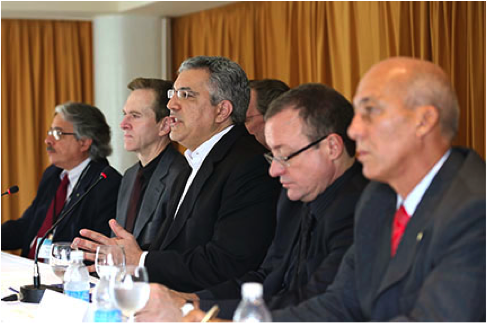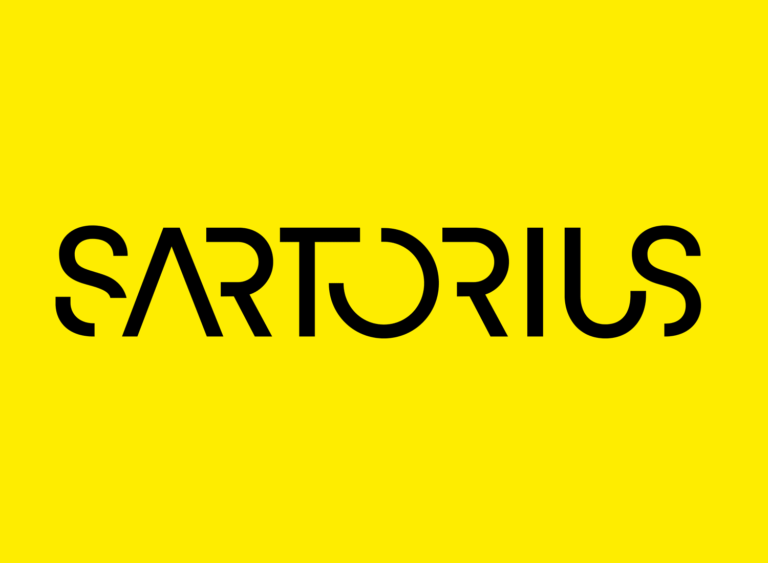Brazil’s Minister of Health Alexandre Padilha reacts after a conference for foreign doctors at the University of Brasilia August 26, 2013. CREDIT: REUTERS/UESLEI MARCELINO
(Reuters) – Brazil´s top biomedical research and development center announced plans on Monday to produce a combined measles and rubella vaccine for developing countries, mainly in Africa.
Brazilian health minister Alexandre Padilha announced the vaccine plan at a medical science conference that the Gates Foundation organized in Rio de Janeiro.
Brazil is following other leading emerging nations such as China and India in investing in biomedical technology to supply vaccines and medicines to developing countries at lower costs than those produced by pharmaceutical industries in developed nations.
Measles kills 158,000 people a year in the world, mostly children under the age of five. Rubella, a contagious viral disease with symptoms like mild measles, can cause serious consequences to pregnant women and their babies.
Bio-Manguinhos, which has a track record of making combined measles, mumps and rubella vaccines, will produce 30 million doses per year of the new measles/rubella vaccine to supply developing countries in Africa, Asia and Latin America.
This will increase the availability of a vaccine that today is produced by only one manufacturer, the Serum Institute of India Ltd.
The Gates Foundation said it would grant $1.1 million to support clinical trials and might contribute additional funds in subsequent phases of the project.
Bio-Manguinhos has been producing the combined measles, mumps and rubella vaccine since 2003 under a technology transfer agreement with GlaxoSmithKline Plc. This triple vaccine is used in Brazil´s immunization program, but was not adopted in many developing countries due to its cost and the limited epidemiological presence of mumps in a number of them.
The new measles/rubella vaccine is aimed at that group of nations and is expected to reach the market by 2017.
(Reporting by Anthony Boadle; Editing by Lisa Von Ahn)










